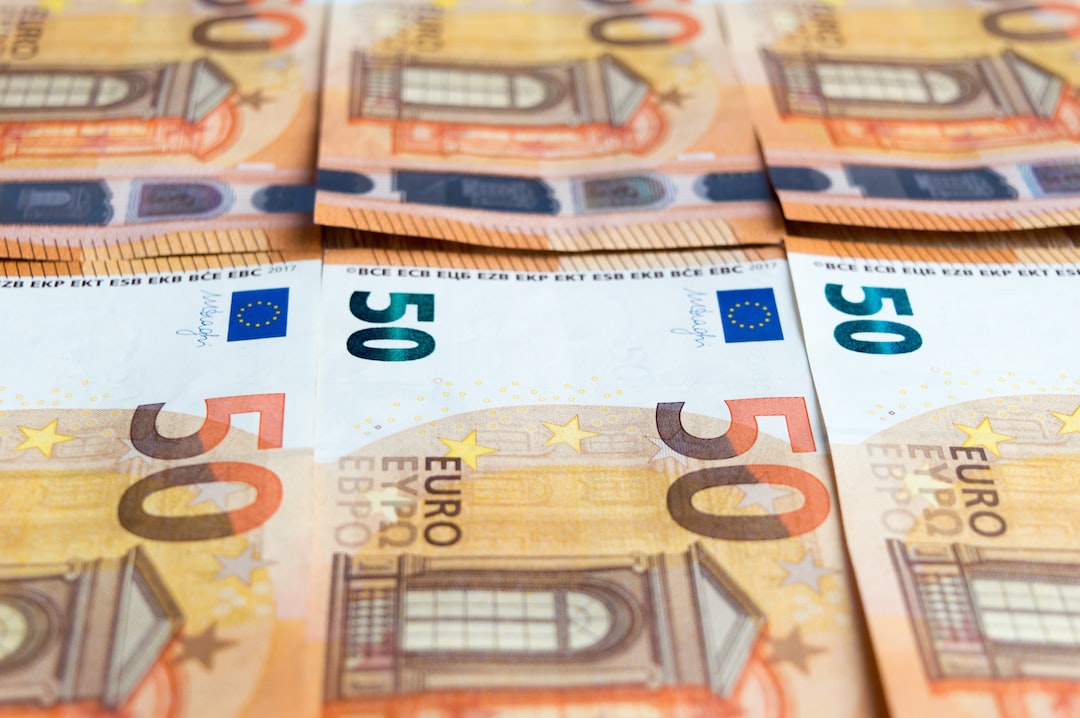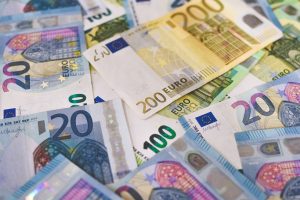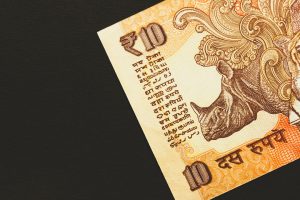The foreign exchange or forex market is a global market where currencies are traded 24 hours a day, 5 days a week. It is the largest financial market in the world, with an average daily turnover of $5.1 trillion. The Asian forex market is a major contributor to this global market, accounting for a significant percentage of the total daily forex trading volume. In this article, we will explore who trades in the Asian forex market and why.
The Asian forex market consists of countries in the Asian region, including Japan, China, Singapore, Hong Kong, Australia, and New Zealand. These countries are major players in the global economy, with strong trade and investment ties with other regions of the world. The Asian forex market is characterized by high liquidity, volatility, and diversification. It is an attractive market for traders seeking opportunities for profit and risk management.
In the Asian forex market, there are several categories of traders, including central banks, commercial banks, institutional investors, retail traders, and speculators. Let’s take a closer look at each of these categories.
Central Banks
Central banks are the primary players in the forex market, including the Asian forex market. They are responsible for implementing monetary policies, regulating interest rates, and managing foreign exchange reserves. Central banks conduct forex trading to maintain their currency’s exchange rate, to manage their foreign exchange reserves, and to intervene in the market to stabilize their currency when necessary. Some of the major central banks in the Asian region include the Bank of Japan, the People’s Bank of China, and the Reserve Bank of Australia.
Commercial Banks
Commercial banks are the second-largest group of traders in the Asian forex market. They deal with forex transactions on behalf of their clients, including companies engaged in international trade, hedge funds, and other institutional investors. Commercial banks also trade forex to manage their own foreign exchange reserves and to generate profits from forex trading. Some of the major commercial banks in the Asian region include Mitsubishi UFJ Financial Group, Industrial and Commercial Bank of China, and Commonwealth Bank of Australia.
Institutional Investors
Institutional investors, such as pension funds, insurance companies, and mutual funds, are also active traders in the Asian forex market. They trade forex to generate returns on their investments, to manage their foreign exchange exposure, and to diversify their portfolios. Institutional investors typically have large portfolios, which allows them to take advantage of economies of scale and access to better pricing. Some of the major institutional investors in the Asian region include Government Pension Investment Fund of Japan, China Life Insurance, and BlackRock.
Retail Traders
Retail traders are individual traders who trade forex through online platforms provided by forex brokers. Retail traders trade forex to generate profits from the fluctuations in currency exchange rates. They typically have smaller trading accounts and rely on leverage provided by their brokers to amplify their trading positions. Retail traders in the Asian region are growing rapidly, driven by the increasing popularity of online trading platforms and the availability of low-cost trading accounts.
Speculators
Speculators are traders who take positions in the forex market based on their expectations of future price movements. They trade forex to profit from the volatility of the market, rather than to manage their foreign exchange exposure. Speculators can be individuals, hedge funds, or proprietary trading firms. They are characterized by their high-risk tolerance and their ability to take large positions in the market. Speculators in the Asian forex market include some of the world’s largest hedge funds, such as Bridgewater Associates and Renaissance Technologies.
In conclusion, the Asian forex market is a diverse and dynamic market, attracting a wide range of traders from different categories. Central banks, commercial banks, institutional investors, retail traders, and speculators all play an important role in the market, contributing to its high liquidity and volatility. The Asian forex market offers a wealth of trading opportunities for those who are willing to take the risks associated with forex trading.





